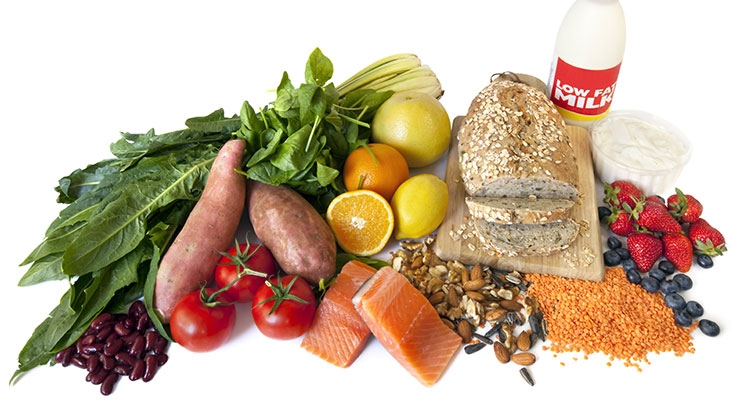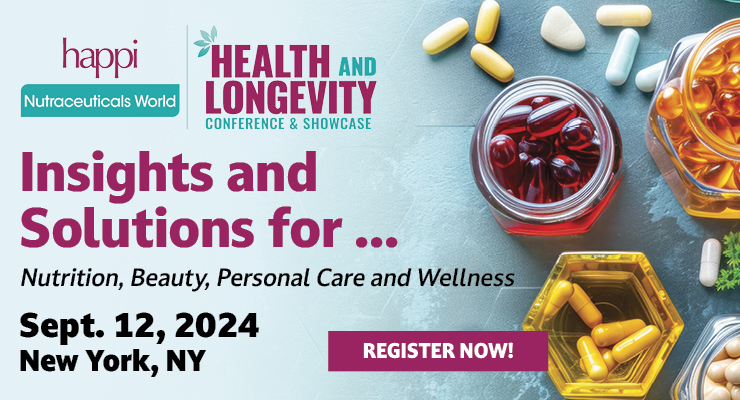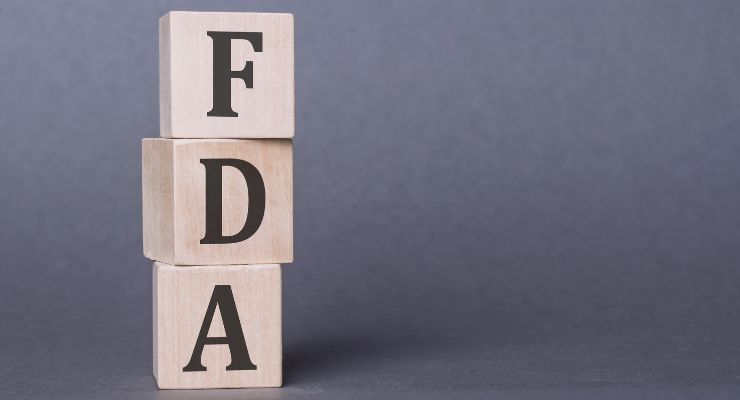Editorial
The Good, The Bad & The Political
While new dietary guidelines represent progress made, they still left a lot off the table that would benefit public health.

By: Sean Moloughney

It shouldn’t come as a shock by now that the 2015-2020 Dietary Guidelines for Americans have met many mixed reviews. Released by the U.S. Department of Health & Human Services and the U.S. Department of Agriculture, the guidelines were informed by a 571-page scientific report developed by the Dietary Guidelines Advisory Committee (DGAC) composed of leading health researchers.
The report begins with a fundamental premise that’s also news to no one. “On average, the U.S. diet is low in vegetables, fruit, and whole grains and too high in calories, saturated fat, sodium, refined grains, and added sugars … Creative, evidence-based strategies are needed to reverse these alarming trends.”
The report’s intention was to establish a “culture of health” and make healthy lifestyle choices easy and affordable. To accomplish that goal “dramatic paradigm shifts are needed” to help the public take more active roles in their health. Additionally, there need to be more incentives for programs and research that focus on prevention.
In her “Food Politics” blog, Marion Nestle of New York University stated that while the guidelines succeed in recommending increased consumption of whole foods like fruits and vegetables, they tiptoed around the fact that people consume too much meat, processed foods and sugary drinks. Instead of truly focusing on dietary patterns, the guidelines suggest limiting individual nutrients: saturated fat, added sugars and sodium, which Dr. Nestle called euphemisms, respectively, for meat, sugary drinks, and processed/junk foods.
There was some good news for dietary supplements, according to the Council for Responsible Nutrition (CRN), which noted that the guidelines stated an objective to “meet nutritional needs primarily through foods,” but also recognize the value of dietary supplements in certain cases. “CRN is pleased to see the guidelines’ recognition of dietary supplements as having a role to play in achieving optimal nutrition,” said Duffy MacKay, ND, senior vice president, scientific and regulatory affairs, CRN. While supplements aren’t intended to replace a healthy diet, “given the number of under-consumed nutrients in our population, dietary supplements are needed to fill in the nutrient gaps.”
Unfortunately, deep-seated political interests compelled the government to strip the guidelines of DGAC’s recommendations regarding sustainability—namely that a diet high in plant-based foods and lower in red meat would promote better health while also lessening the environmental impact of the American diet. According to the report, “Access to sufficient, nutritious, and safe food is an essential element of food security for the U.S. population. A sustainable diet ensures this access for both the current population and future generations.”
Ultimately, while some progress was evident in the new dietary guidelines, they still left a lot off the table that would benefit public health.




















